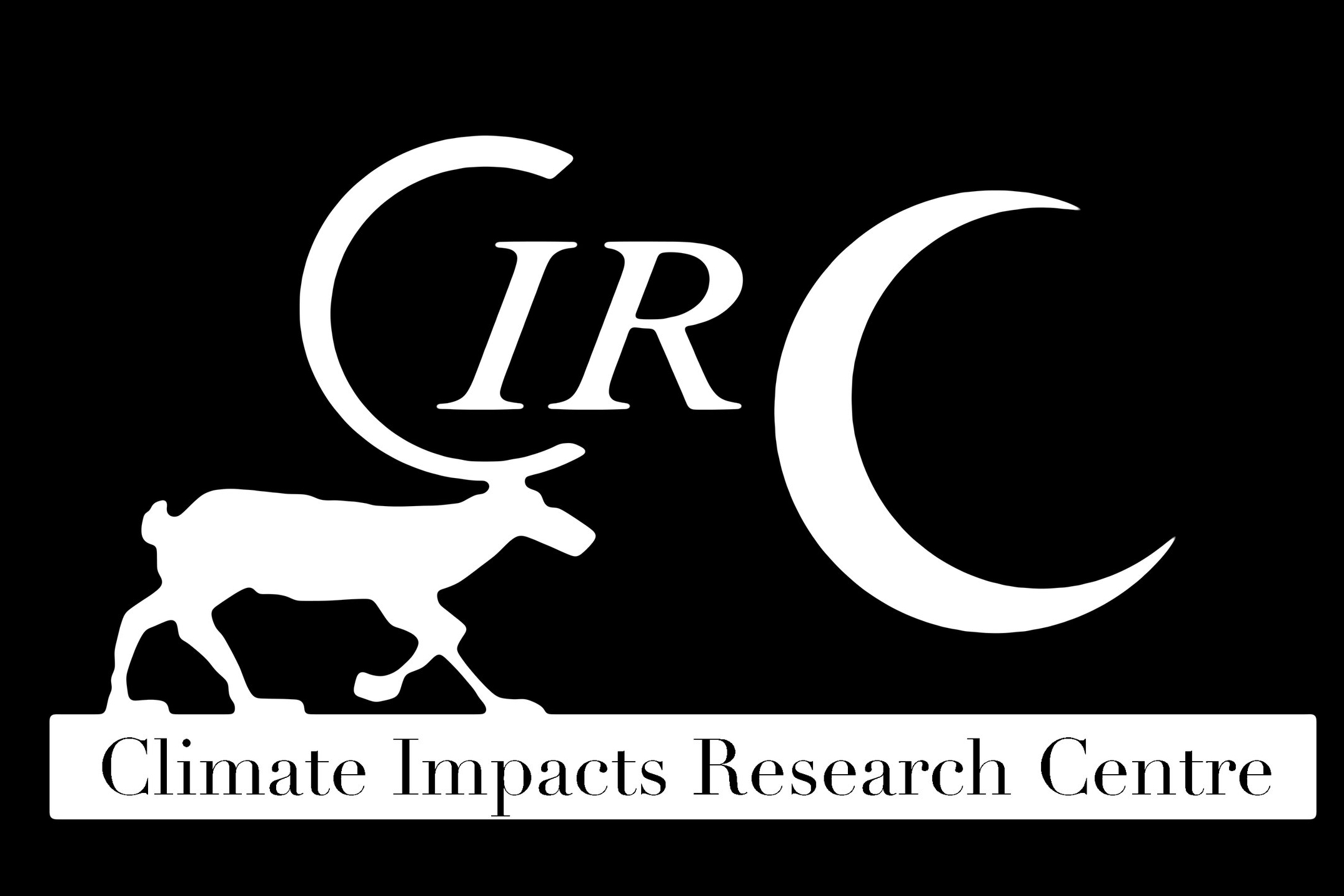Ecological effects of glacial dust deposition on remote Arctic lakes
Project Summary
The Arctic is changing rapidly as a result of climate warming and other global environmental change processes. One of the most obvious effects of altered Arctic heat budgets is the thinning of the Greenland ice sheet and the retreat of outlet glaciers. However, the increased fluvio-glacial output from glaciers is also laden with silt and there is growing evidence that such output from the Greenland ice sheet is increasing with enhanced seasonal melting. Some of this glacially-derived material is lost to the marine system but a significant part is deposited on glacial outwash plains from where the finer particles are deflated and transported to nearby terrestrial and aquatic ecosystems. Importantly this silt and the deflated dust is not inert. Because of its high nutrient content (carbon, phosphorus, nitrogen, silica and micronutrients), this silt/dust may be ecologically important because of the low nutrient status of adjacent aquatic and terrestrial ecosystems. There are few studies on how glacially-derived dust influences lakes within terrestrial areas adjacent to the ice margin, despite the knowledge that lakes are hotspots of carbon processing. The vast majority of lakes adjacent to the Greenland ice sheet are not hydrologically connected to it by meltwater channels, and so aerially-delivered dust might be an important or even predominant lake nutrient source. Fertilization of lakes by nutrients associated with dust stimulates primary production and hence affects carbon dynamics. In this study we will compare the ecological effects of glacially-derived dust on lakes along a gradient of dust deposition rates in SW Greenland and assess its role in regional carbon and aquatic community dynamics at a range of temporal (annual to centennial) and spatial scales (lake to regional landscape).
Project Website
Collaborators
Joanna Bullard, Loughborough University
Suzanne McGowan, University of Nottingham
Mike Watts, British Geological Survey
Erika Whiteford, Nottingham Trent University
Funding
Natural Environment research Council (NERC, U.K.).
Project Dates
2017-2020



